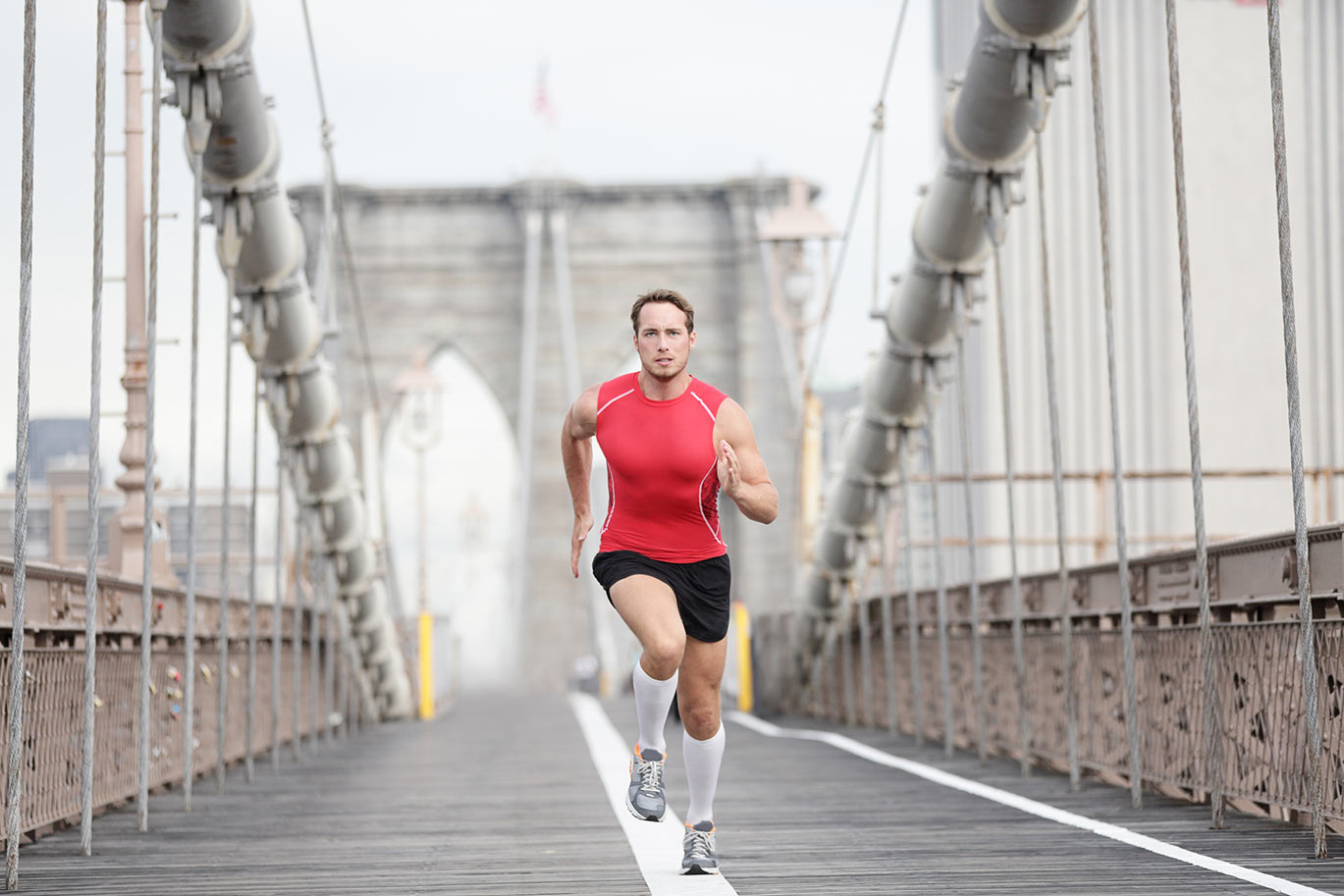
It’s hard to believe someone who tells you they’ve been exercising hard, when you look at them and wonder what they’re talking about.
They complain that no matter what they do, nothing seems to help them reduce their weight or blood sugar levels, or develop muscle tone. All the while you’re thinking “Come on! You’re making it up.”.
But here’s the thing – some people don’t respond to exercise in the same way others do and there’s a scientific reason for it.
Why some people do not respond to exercise is a phenomenon known as “exercise resistance”. But why? Let’s review some research that’s shedding needed light on the problem.
Selenoprotein P.
In a recent study, scientists discovered that this protein secreted by the liver may be the culprit in the question of exercise resistance. Testing on both mice and human subjects revealed that participants with more of this protein were exercise resistant and had less endurance.
The study tested a group of women who didn’t normally exercise regularly, but were otherwise healthy, enrolling them in an 8-week program of aerobic exercise. Women in the group featuring high selenoprotein P levels were seen to have a lower oxygen intake capacity than other subjects.
This effect was traced back to a deficiency in LRP1 – a receptor in the muscles, now believed to aid absorption of selenoprotein P.
What it all means.
The role of selenoprotein P in exercise resistance and its link to the LRP1 muscle receptor is a key finding which indicates that the problem may be solved via the development of exercise enhancement drugs.
This application may have positive ramifications for people suffering from diabetes, heart disease, obesity and other conditions for which exercise (while not a panacea), can be supportive of better overall health.
Why some people do not respond to exercise is becoming less of a mystery and more of a challenge. Think about that the next time someone tells you their exercise program isn’t working. The problem exists on a biochemical level in the human body. They’re not kidding and they’re not “making it up”.
I’m looking forward to hearing more about the development of the findings of this study, conducted at Kanazawa University Graduate School of Medical Sciences in Japan. The results having been published in the journal Nature Medicine, meaning the news is bound to attract further attention from the research community.
I’m excited about the development of drugs which address exercise resistance and their role in making life better for millions of people with conditions either caused or exacerbated by exercise resistance.
Back & Body Medical is a leading edge, multidisciplinary clinic in New York City. We’ve recently expanded our services to New Jersey, bringing the region award-winning pain relief under the rubrics of acupuncture, chiropractic, sports medicine and physical therapy.
Our mission is the relief of pain through the personalized application of the variety of treatments and therapies available under our four areas of specialization. Contact us for more information.














